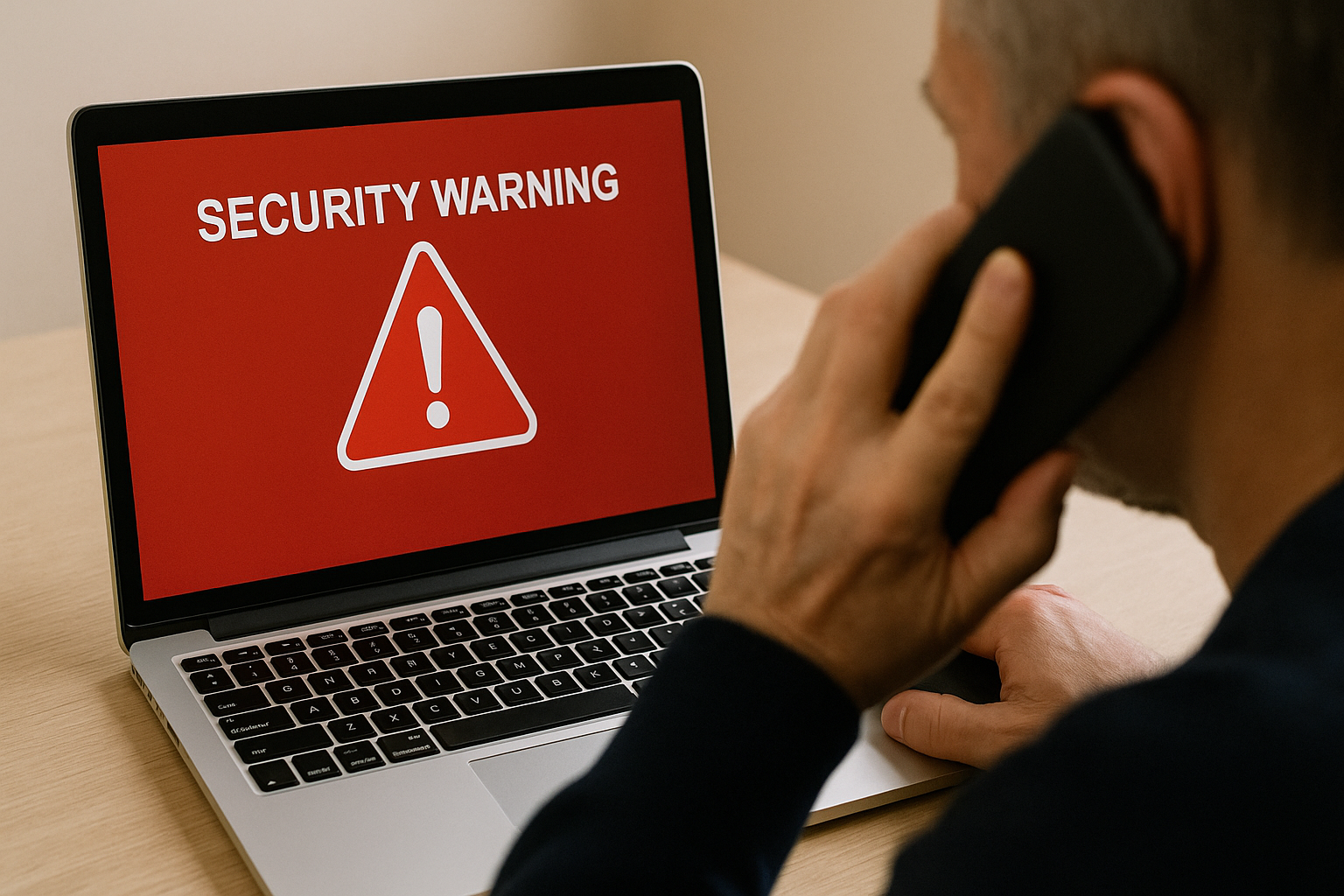
In " Discovery Primer (2/7): Three Essential Questions to Ask When Selecting a Discovery Vendor," we discussed the requirements for a suitable discovery vendor for a Japanese company. There is a simpler way to "identify" a potential vendor: ask the potential vendor about their discovery experience.
No matter what industry you are in, it goes without saying that "know-how accumulated through experience" can be very useful for later business development. Experience is especially important in discovery. This is because the content of each discovery case is different, and the required skills and responsiveness vary from case to case.
Even if a vendor has highly accurate software, if the person in charge of using it is not skilled in discovery procedures and management, the client may be forced to do unnecessary work, and the efficiency of the discovery process itself may be reduced, resulting in unnecessary costs. This can lead to unnecessary work for the client, inefficient discovery itself, and extra costs.
So what questions should you ask to gauge a vendor's experience?
13 Questions to Identify Discovery Vendors Japanese Companies Can Use with Confidence
(1) Past performance
Ask what types of projects they have handled for what types of companies, whether domestic or foreign. The number of cases handled will directly translate into know-how, which will lead to low-cost, high-quality discovery support. The number of cases handled is an important point to consider.
(2) Accidents and obstacles experienced in the course of discovery projects
If you work on discovery for a variety of companies, you are bound to experience one or two incidents or failures. Because data storage methods and software used vary from company to company, discovery projects always require customization. Therefore, asking about the background of an incident or failure is a good measure of a company's technical capabilities, and any incidents or failures experienced can be considered as the vendor's experience.
(3) Solutions taken to resolve the incidents
Knowing what the vendor thought about and what measures they took to resolve the incident, we can measure the vendor's ability to deal with problems. It also reveals a sense of responsibility.
(4) What were the results?
It is also essential to check the final result. Depending on the project, there may be results such as an extended delivery date or additional costs due to increased man-hours. Knowing the vendor's attitude toward such results will give you an idea of the vendor's values.
(5) Discovery Experience of Japanese Companies
Even if a company has a variety of discovery experience in the U.S., it would be disheartening if it has no experience at all in Japan. In fact, a vendor who has a thorough understanding of Japanese organizations, corporate practices, and work styles will be far less stressful for the legal staff. It is also important to consider the following It is also important to confirm the degree to which a potential vendor understands the Japanese language and business culture.
(6) Does the vendor have an original proposal for the overall discovery methodology?
If a vendor does not have an original proposal, it is likely that the vendor uses only commercially available tools, is merely a distributor of discovery tools, or is a "throw-in" vendor that outsources its services. Any business cannot rely on a vendor that cannot claim to differentiate itself from its competitors.
If you do not get satisfactory answers to these six questions, it is best not to rush into a contract. If you search hard enough, you will find the ideal discovery vendor.
Because you are busy dealing with litigation and time is short, you should select your vendor with care. The cost and time required for discovery can vary dramatically depending on the vendor you select.
If you are satisfied with the questions you have asked, the next step is to make sure that the vendor's services meet your needs. Here are some questions to help you find out.
(7) Is the service designed with an understanding of Japanese corporate culture?
Even with the advancement of globalization, there are still business practices that are unique to Japan. Also, even within the same Japanese company, corporate culture, workflow, and documentation practices differ from company to company. Selecting a vendor that understands these circumstances will make it easier to proceed with the work. A vendor that has Japanese staff designing and operating discovery support systems and services, and improving them on a daily basis, is likely to understand Japanese corporate culture.
(8) What kind of efforts are being made to analyze Japanese documents with high accuracy?
Japanese and other Asian languages have more character types than English, with a mixture of kanji, hiragana, katakana, numerals, Chinese numerals, and English words. In addition, since they are not separated by words, technology is required to search correctly. This "skill" includes the accuracy of the search engine installed in the system as well as the experience of the technicians (discovery operators). For example, the type of keywords to be used when conducting a keyword search is basically reviewed under the supervision of attorneys, but a technician who has experienced many discovery cases may have more know-how.
In addition, since there are many character codes in Japanese, garbled characters are likely to occur (they rarely occur in European documents), and some vendors and lawyers even claim that "Asian languages are always garbled. However, garbled characters can be reduced to almost zero by proper preparation for parsing Japanese.
If garbled characters occur, the review process cannot proceed.
Vendors with limited technical skills and Japanese language processing capabilities sometimes deal with such problems by doing what is called "tiff burning," which unbelievably converts the original data into an image and processes it as it is. (See Introduction to Discovery 6/7 for details.)
Therefore, it is important to check what measures vendors are taking to prevent garbled characters and correctly parse Japanese.
Keyword search know-how is held by discovery support specialists/evidence handling professionals.
| Multilingual Support |
English, Japanese, Korean, Chinese |
| Boolean search |
AND, OR, NOT |
| (Group search by ( ) |
e.g.) If you want to search for meetings held in Tokyo, you can search by various combinations (Tokyo or Tokyo Tokyo or Tokyo) and (conference or meeting or meeting or MTG) |
| Nearest Neighbor Search |
e.g.) Search for the keywords "search", "possible", and "symbol" within 30 characters N30{"search", "possible", "symbol"} *It is also possible to specify the order of appearance |
| Regular expression search |
e.g.) Search for "Kyoto" not "Tokyo R"[^East]Kyoto" Example) Search for "111" which is neither "1112" nor "2111 R"[^0-9]111[^0-9]" |
(9) Does the company support its own data hosting cloud services?
When data volumes are large, discovery efforts are often conducted using online evidence viewing tools. A vendor that can provide these services on an integrated basis will reduce errors, speed up the process, and lower costs.
However, if the vendor does not provide such services in-house and only outsources that part of the process to another company, this means that important litigation data is in the hands of a completely unknown third party (company). Therefore, it is essential to check whether the vendor provides cloud services and whether the vendor itself provides support for such services.
(10) Does the company have its own facilities for data hosting in Japan?
If you are hosting data overseas, you need to carefully judge the transaction from the perspective of information security. This is because the risk of information leakage inevitably increases when sending data overseas.
(11) Does the company have data processing facilities in Japan?
If questions 9 and 10 do not apply, it means that the data processing facilities are located only in other companies or overseas, which increases the risk of data leakage. Even if the person in front of you assures you that the data is safe, the person who actually handles the data as evidence is not that person, but someone other than the person who assured you that the data is safe, whom you do not know.
(12) Experience of the project manager
This should not need to be explained. The project manager is the key to the success or failure of the project. The amount of evidence required and the format in which it is submitted differ from case to case, and unexpected problems occur all the time in discovery. Unless the project manager is an experienced person, he or she will not be able to respond appropriately to those problems.
(13) Is the project manager assigned globally (i.e., is he/she available 24 hours a day?)
There is a time difference between Japan and other countries. Once the discovery process has begun, it is impossible to survive the discovery process, where speed is of the essence, if you can't get a reply in 12 hours after sending an email or can't get through on the phone. Global availability and around-the-clock service are also important factors in the decision.
If you ask vendors the above questions, you will naturally get a sense of the quality of their services. If you encounter a vendor who explains the features of their software, such as discovery tools, in detail, but suddenly turns quiet when the discussion turns to something other than software and systems, such as the practical know-how required for discovery, be wary.
It is not necessarily wrong to assume that such a vendor does not have accumulated know-how. In such cases, it is often better to stay calm and look for another vendor.
List of Questions
- Accomplishments to date
- Accidents and obstacles experienced in the course of a discovery case
- What solutions did you take to resolve the incident?
- What were the results?
- Discovery experience with Japanese companies
- Do you have any original proposals for overall discovery methodology?
- Is the service designed with an understanding of Japanese corporate culture?
- How does the company devise ways to analyze Japanese documents with a high degree of accuracy?
- Does the company support its own cloud service for data hosting?
- Does the firm have its own data hosting facilities in Japan?
- Does the company have data processing facilities in Japan?
- Experience of Project Managers
- Is the project manager located globally (is he/she available 24 hours a day?)
Previous: Discovery Primer (3/7): Beware of "Unit Price" Details! Tricks of Discovery Support Estimation That Can Cost You a Lot If You Don't Know Them
Next Article: Introduction to Discovery (5/7): Discovery Vendor Technical Skills Just as Important as Discovery Know-How
